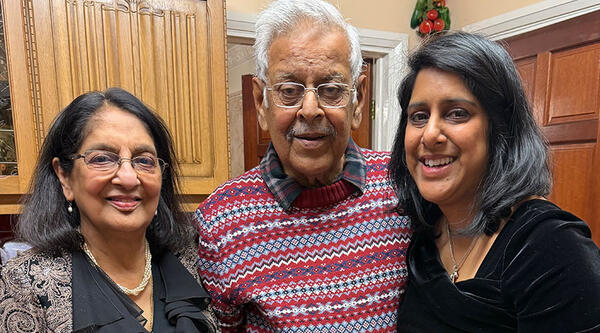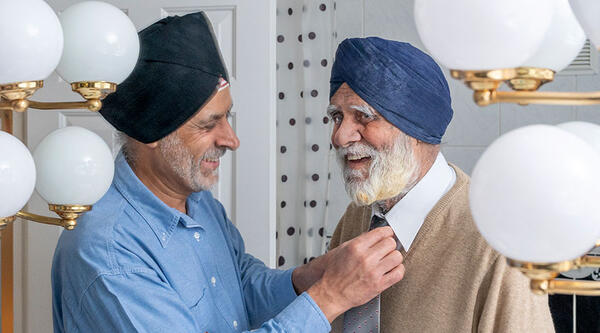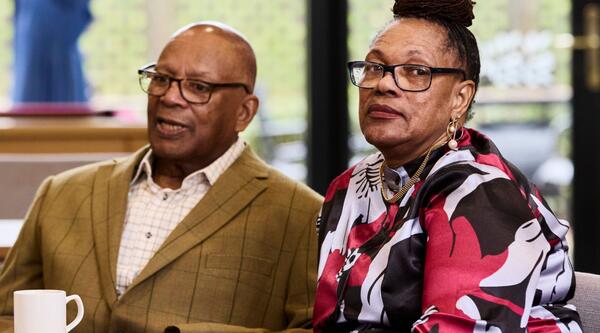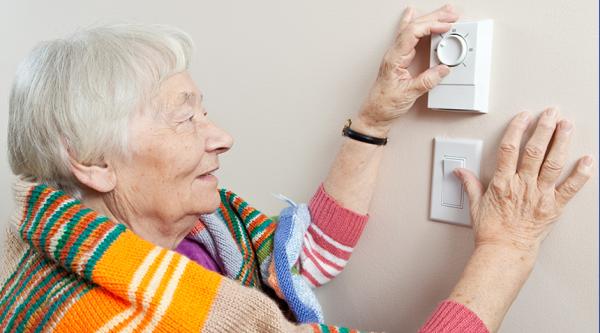When family, friends or carers are in denial about dementia
Friends or family members, including those who are caring for the person, can also be in denial and find a dementia diagnosis difficult to accept.
Denial and lack of insight
- Understanding denial and lack of insight
- What is the difference between denial and lack of insight?
- Coping with denial and lack of insight with dementia
- Support and care when a person won't accept their dementia diagnosis
- You are here: When family, friends or carers are in denial about dementia
- Understanding denial and lack of insight - useful organisations
It is not only people with dementia who may not accept their diagnosis. Friends or family members, including those who are caring for the person, can also be in denial and find dementia difficult to accept.
This can mean that they avoid the subject, do not see the need to arrange support or care for the person, or find it hard to accept that the person might benefit from daily living aids.
Why can't a partner of the person with dementia accept their diagnosis?
If the partner of the person with dementia is in denial, they may be worried that their relationship will change.
It can be very difficult to accept that plans they have made together will also have to change. They may have always relied on the person to do certain tasks and might be worried or scared about having to do these things for themselves.
Why can't carers of the person with dementia accept their diagnosis?
If the person with dementia is in denial, their carer may simply agree with them, to avoid having to talk to the person about their need for support. This might mean that neither the person with dementia nor their carer will access the information and support that they both need.
When someone else and the person with dementia are in denial, it can have a negative effect on the health of them both.
An adult whose parent has dementia can also experience denial because of these reasons. They may also be worried that they might develop dementia themselves, and so do not want to recognise the diagnosis. For more information see Risk factors for dementia and Genetics of dementia.
Problems for carers in denial about dementia
Denial in carers has been associated with mental health problems such as depression. Denial may also cause problems between other members of the person’s family or their friends. There may be disagreements between those who do accept the diagnosis and those who don’t about whether (or how much) care the person needs.
Some carers and family members may not see the need to get involved, while others may be avoiding the situation because they are worried about the consequences of facing it.
Understanding what dementia really is
Some carers, friends or family members may not know much about dementia and not recognise the symptoms as being part of the condition.
It may be useful to talk to them about dementia and help them understand more about how the condition can affect people. You could explain the range of difficulties that a person with the condition can experience.
It might also be useful for them to attend GP, or other appointments with the person. This may help them to understand better the difficulties that the person is having, as well as helping them to understand dementia more. You could also show them information such as What is dementia?, or 5 things you should know about dementia.
Some people just need time to accept a diagnosis
As dementia progresses, it is likely that those around the person will eventually accept their condition. Being in denial may be helping someone cope with a very distressing situation and give them time to accept the reality.
Therefore, rather than trying to persuade them to accept the dementia diagnosis straightaway, for some people it may be best to try to understand how they’re feeling and offer them support in the meantime.
Let them know that it’s natural to worry when you see someone close to you go through changes you can’t control. Try to explain that accepting these changes is important so that the right care and support can be put in place. This can benefit the person with dementia and those around them. Other friends or family members may be able to explain the reality of dementia in a sensitive way.








